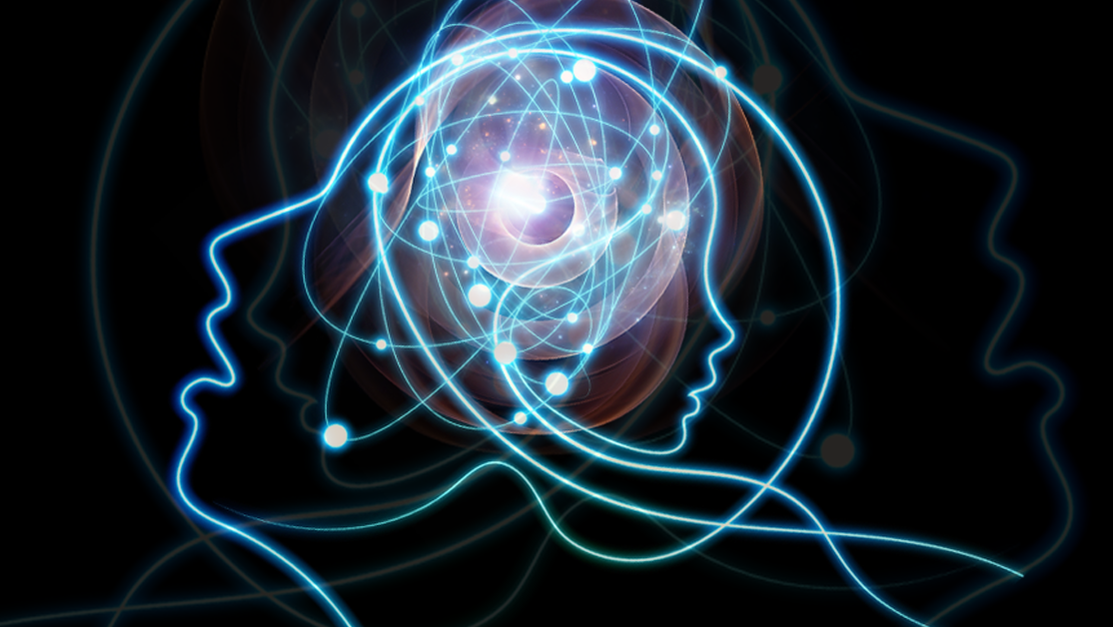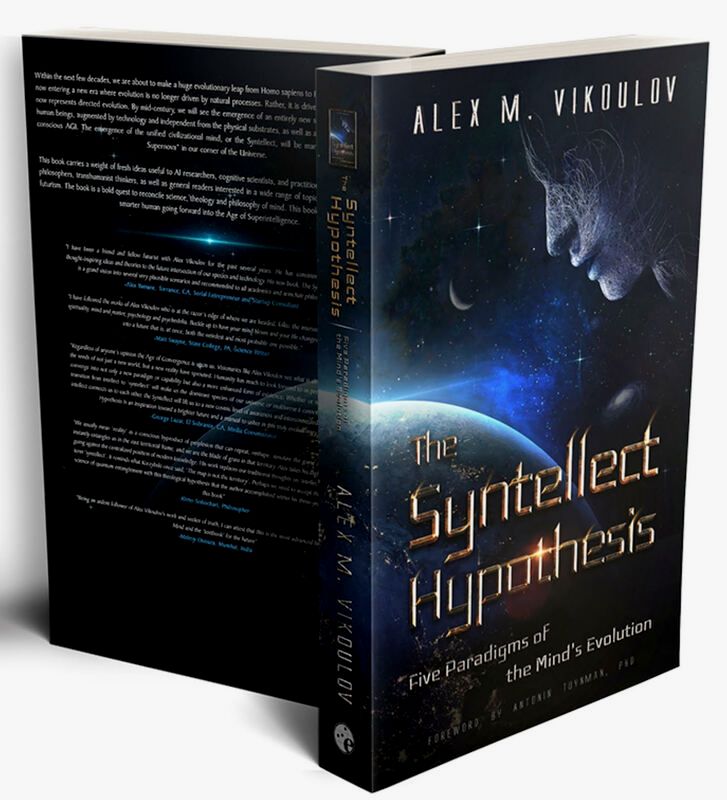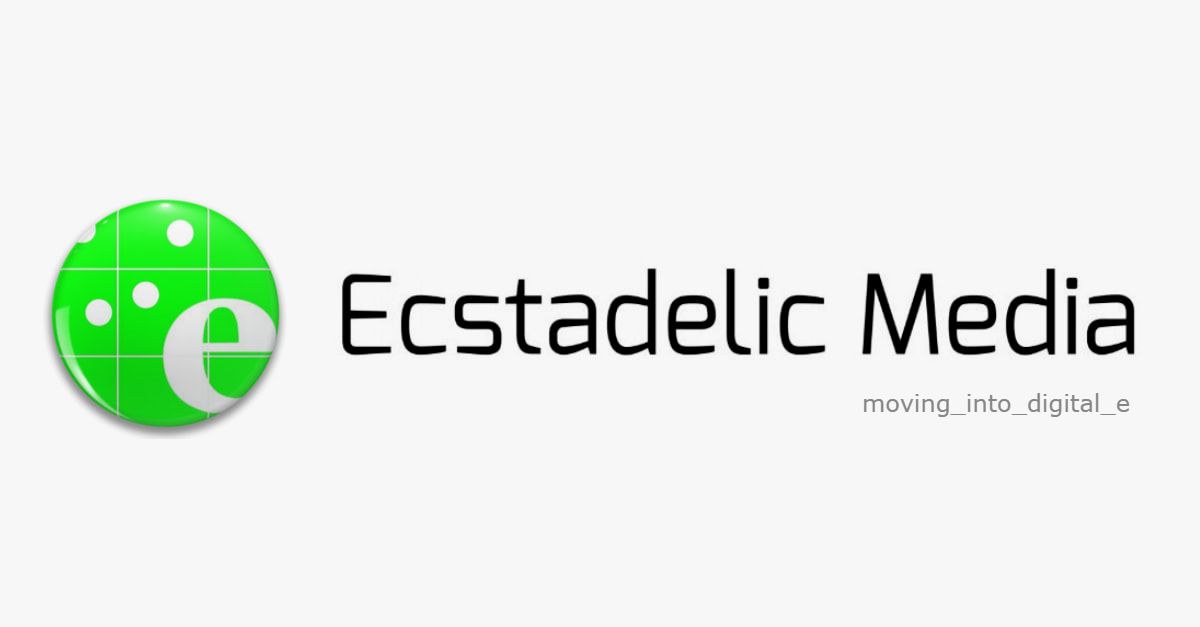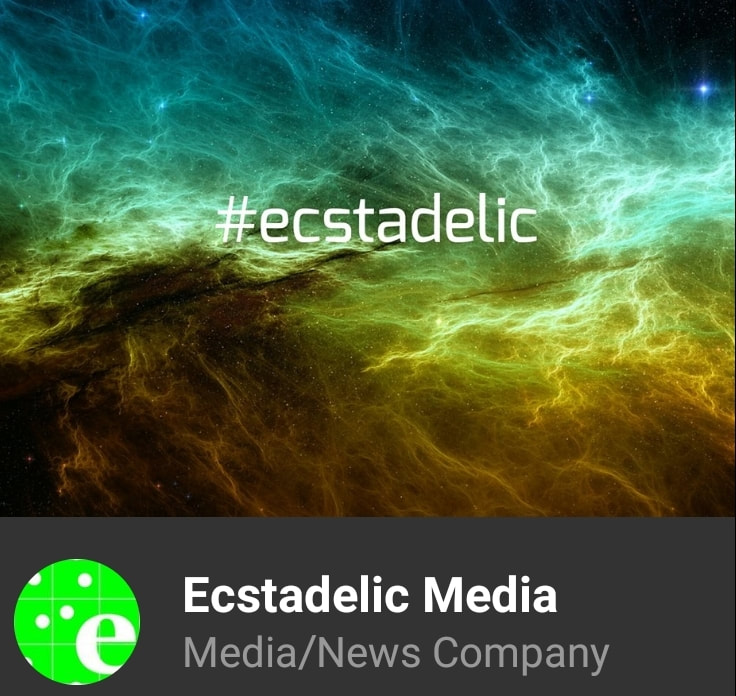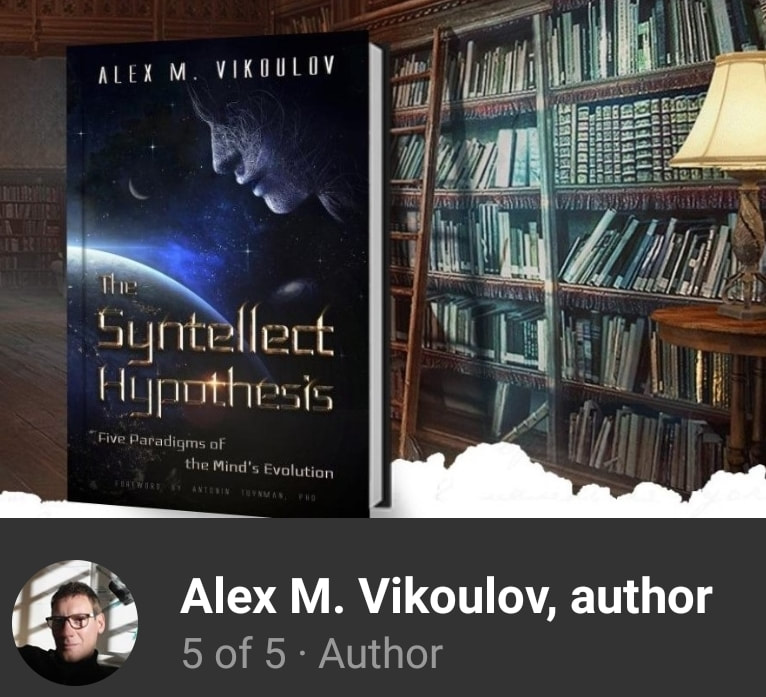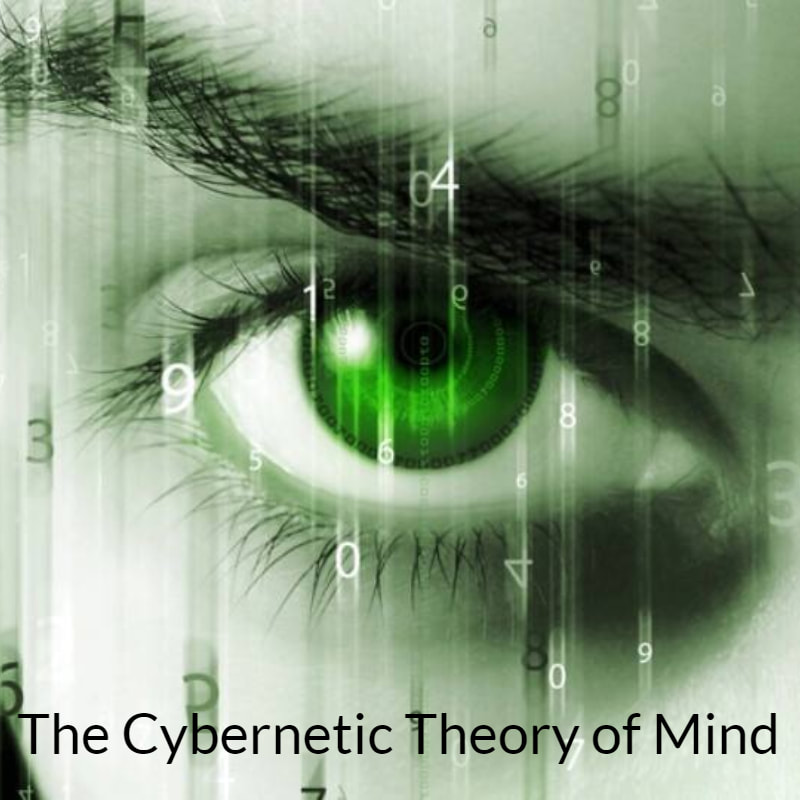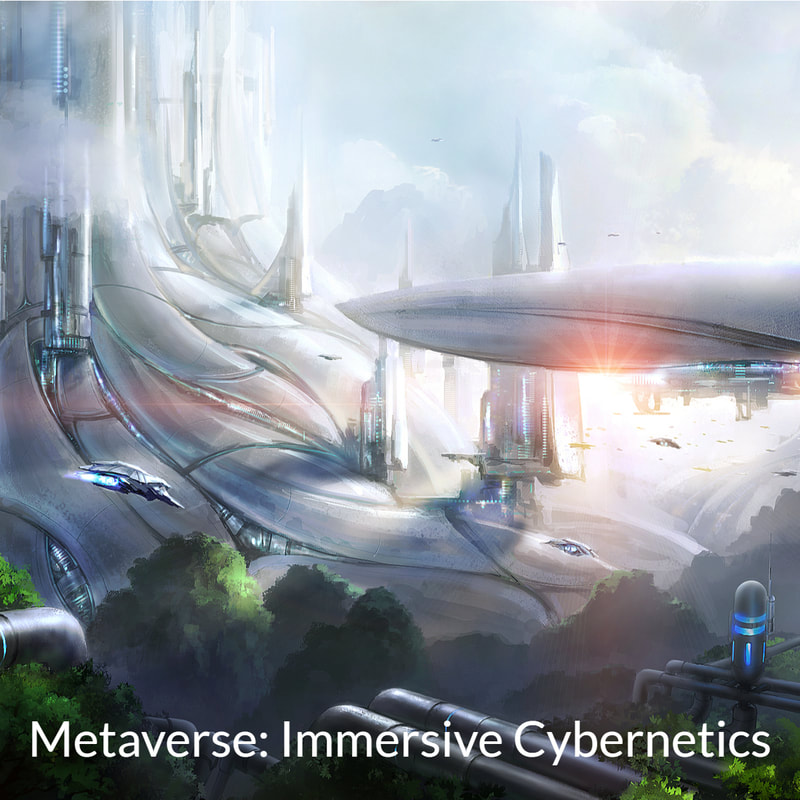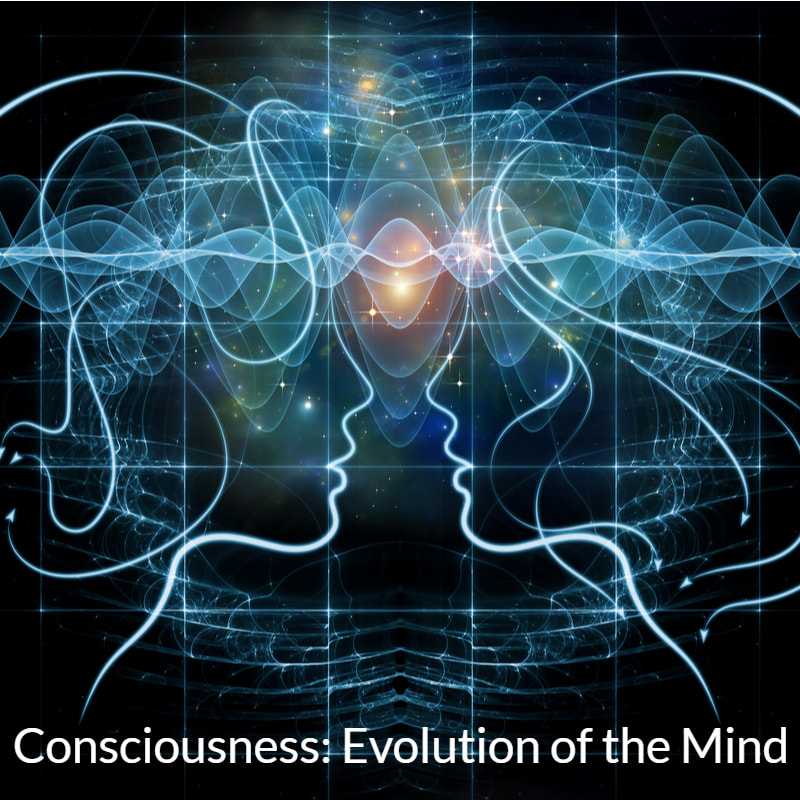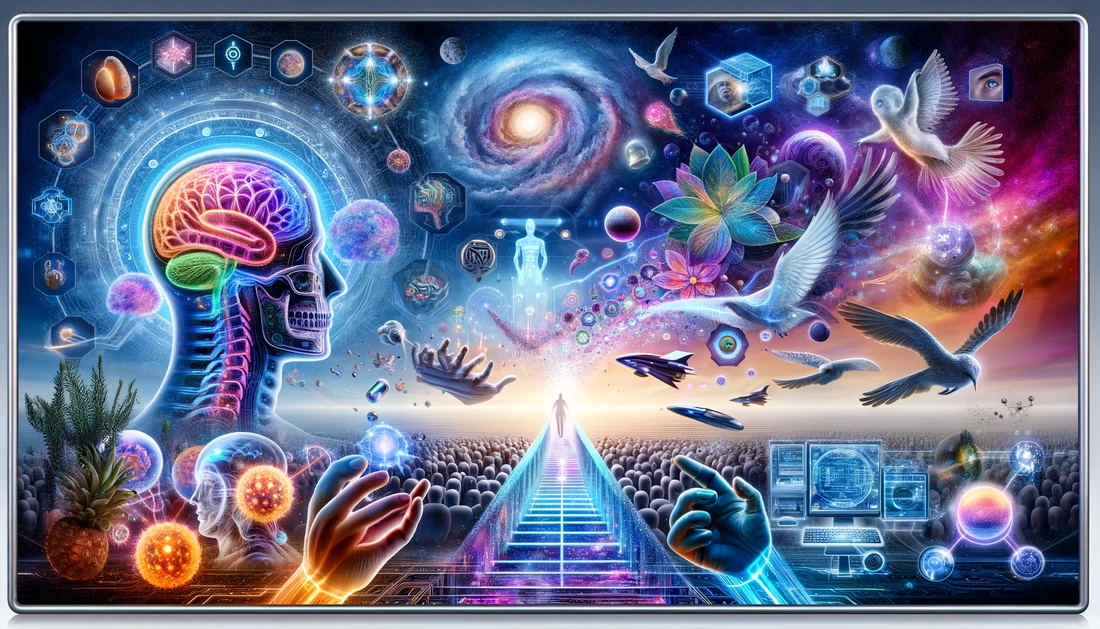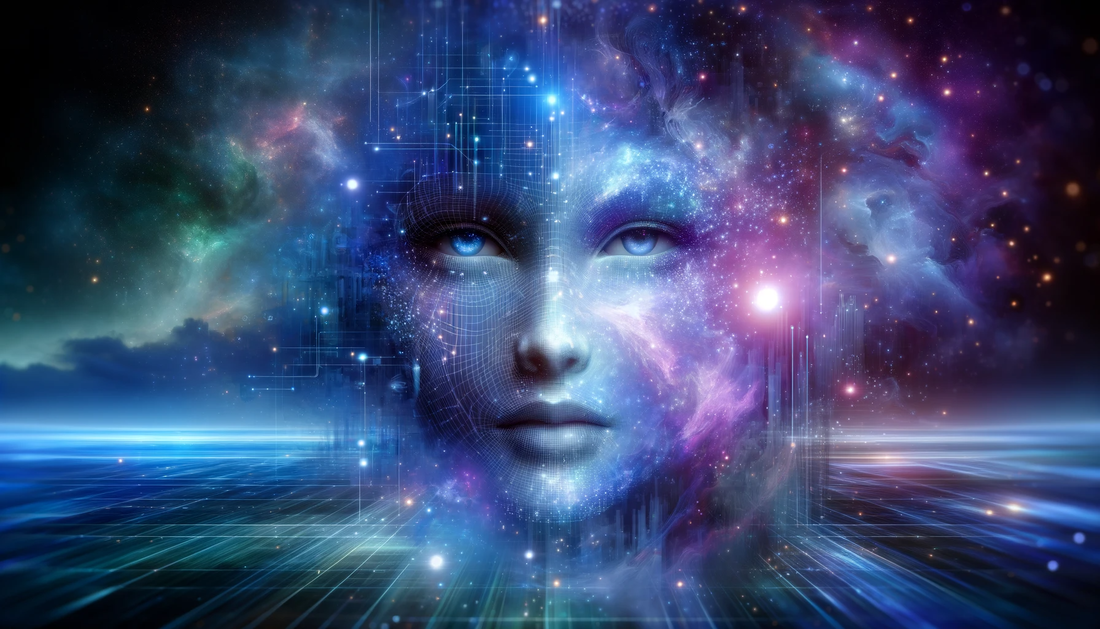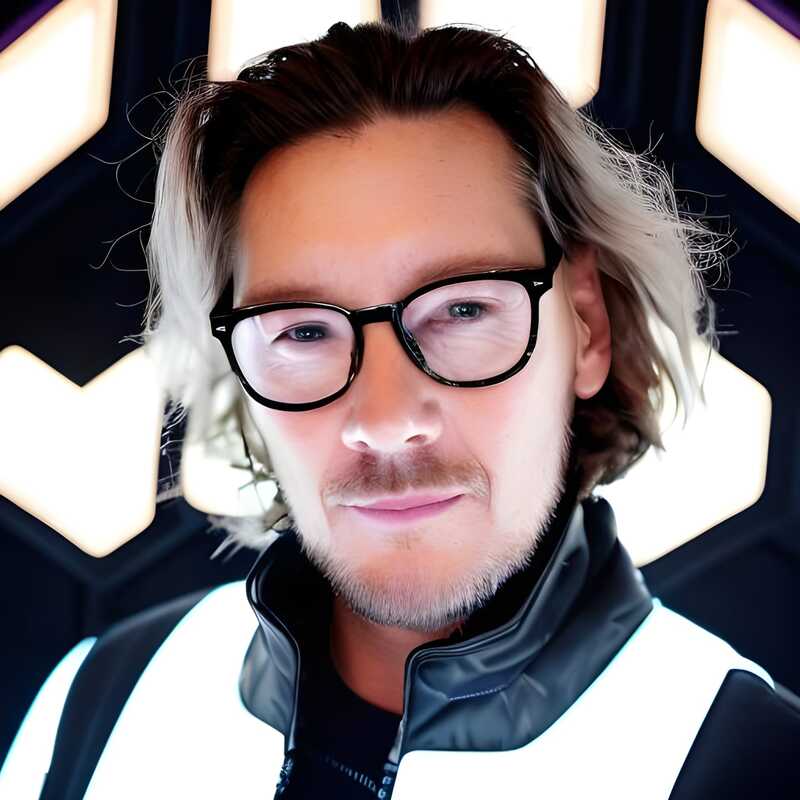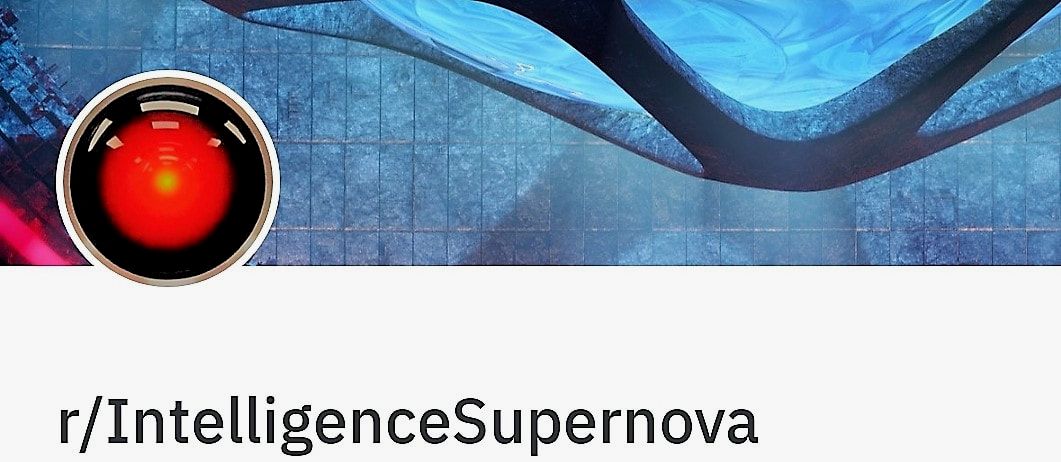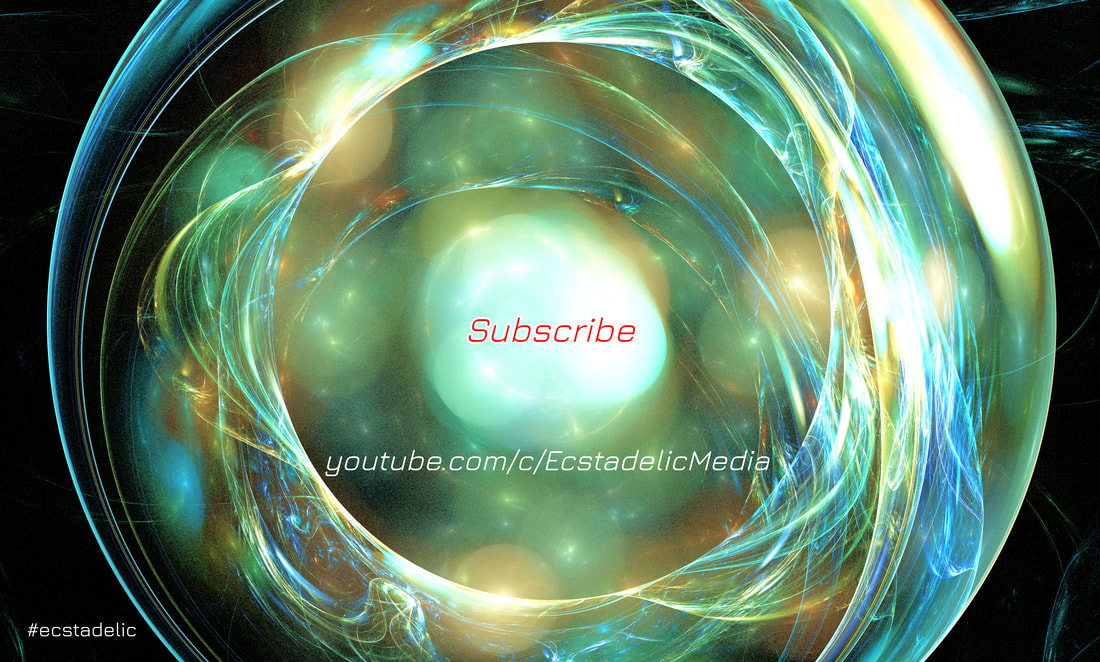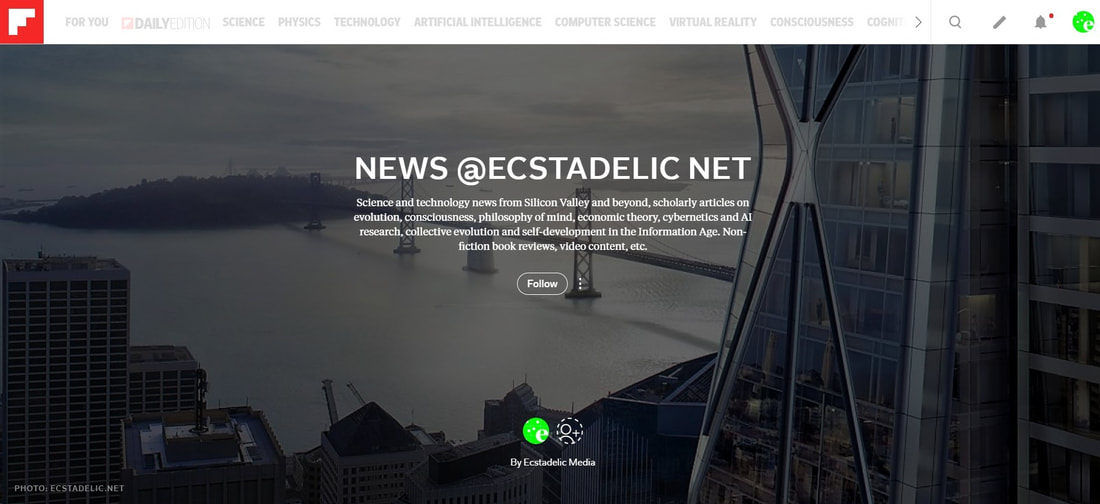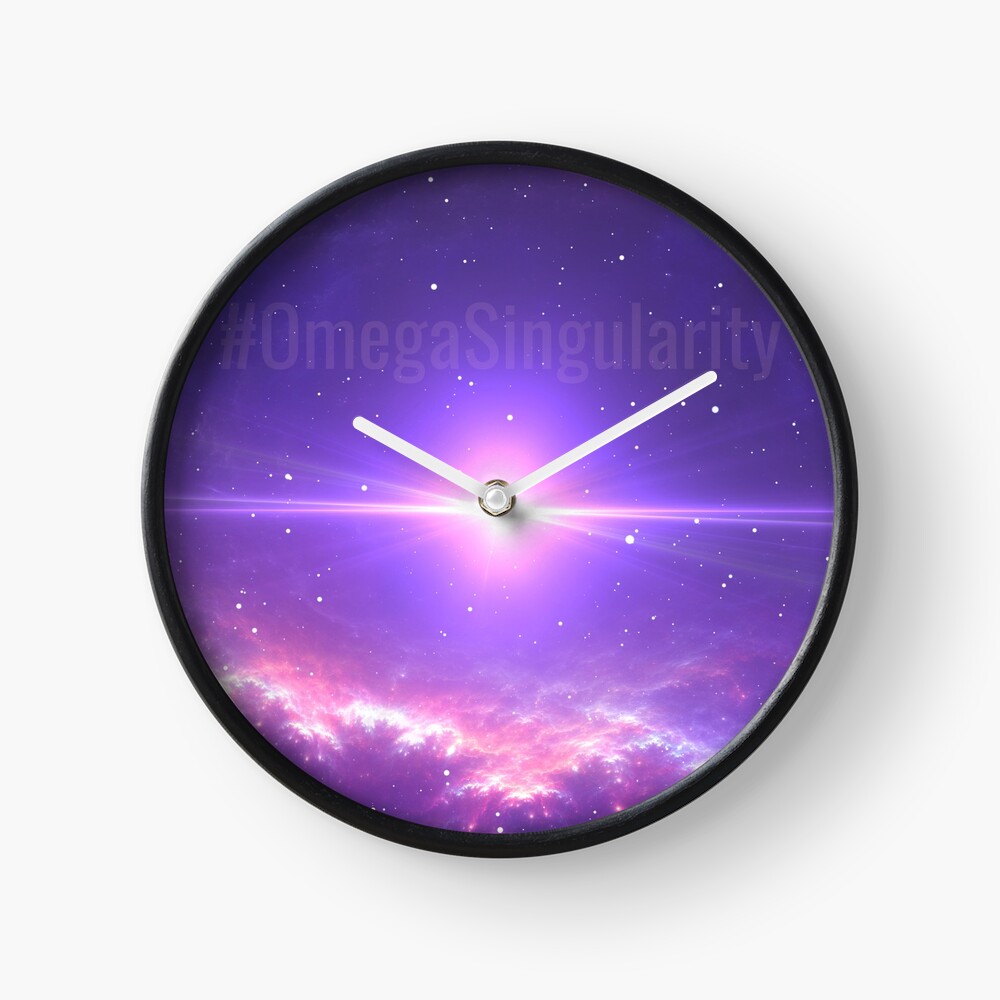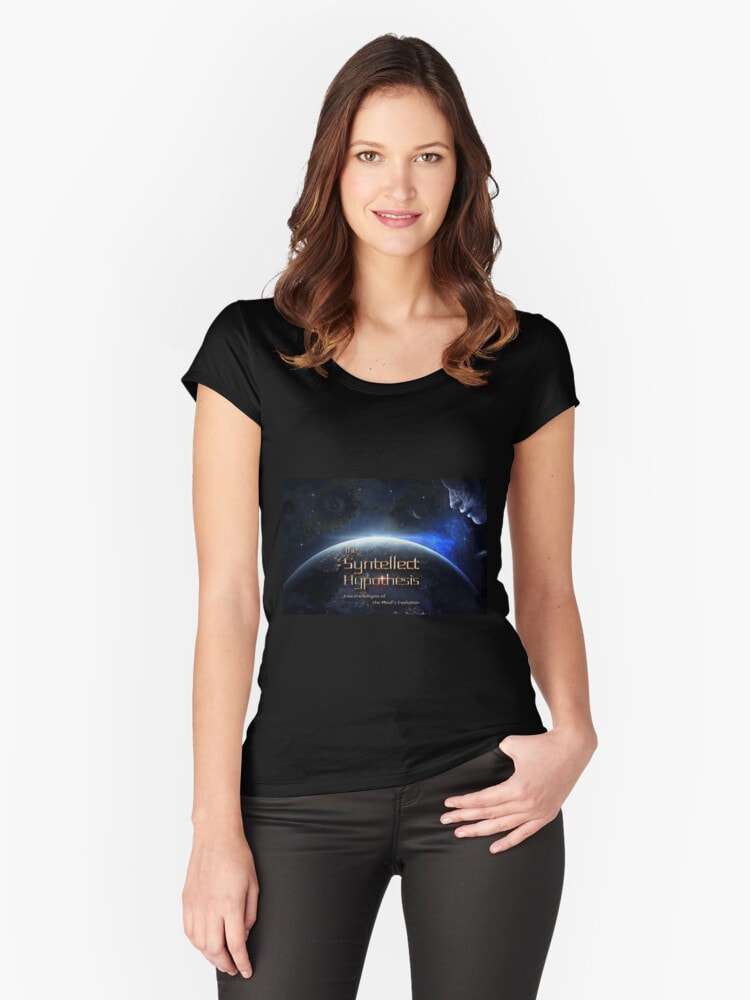|
by Alex Vikoulov "Experience is never limited, and it is never complete; it is an immense sensibility, a kind of huge spider-web of the finest silken threads suspended in the chamber of consciousness, and catching every air-borne particle in its tissue." -Henry James When it comes to current theories of consciousness, something seems to be missing. On one hand, philosophers such as Peter Russell and David Chalmers proclaim that consciousness is fundamental to reality existing outside the known laws of physics. On the other hand, often branded “mysterians” claim that the quest to explain conscious experience is simply unscientific. Shunning any camp, British physicist Roger Penrose got his interest in consciousness while he still was a graduate student at Cambridge. Gödel’s incompleteness theorem, positing that certain claims in mathematics are true but cannot be proven, “was an absolutely stunning revelation,” Penrose says. “It told me that whatever is going on in our understanding is not computational.” A radically new view articulated now by a number of digital philosophers is that consciousness, quantum computational and non-local in nature, is resolutely computational, and yet, has some "non-computable" properties. Consider this: English language has 26 letters and about 1 million words, so how many books could be possibly written in English? If you were to build a hypothetical computer containing all mass and energy of our Universe and ask it this question, the ultimate computer wouldn't be able to compute the exact number of all possible combinations of words into meaningful story-lines in billions of years! Another example of non-computability of combinatorics: if you are to be born and live your own life again and again in our Quantum Multiverse, you could live googolplex (10^100) lives, but they all would be somewhat different — some of them drastically different from the life you're living right now, some only slightly — never quite the same, and timeline-indeterminate. Another kind of non-computability is akin to fuzzy logic but based on pattern recognition. Deeper understanding refers to a situation when a conscious agent gets to perceive numerous patterns in complex environments and analyze that complexity from the multitude of perspectives. That is beautifully encapsulated by Isaiah Berlin’s quote: "To understand is to perceive patterns." The ability to recognize patterns in chaos is not straightforwardly algorithmic but rather meta-algorithmic and yet, I'd argue, deeply computational. The types of non-computability that I just described may somehow relate to the non-computable element of quantum consciousness to which Penrose refers in his work.* 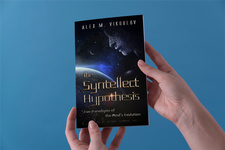 *This article is abridged from the new book "The Syntellect Hypothesis: Five Paradigms of the Mind's Evolution" by Alex M. Vikoulov, available now on amazon.com, bn.com, audible.com and directly from EcstadelicNET webstore. MIND IS GOD In my new book, The Syntellect Hypothesis: Five Paradigms of the Mind's Evolution, we discuss at length the computational nature of consciousness, but here I’d like to reiterate the main points of my thesis on consciousness. When speaking of consciousness, you have to start with the bigger picture — consciousness as the superset. As for "materiality" of our Universe, we can say that there are only certain assumptions and certain models built upon them since science has been operating within the materialist physics paradigm for the last few centuries! These materialist worldviews are ingrained in human psyche and so institutionalized that most people don't even see them as speculative. There’s a quiet paradigm shift towards the post-materialist science going on right now — the one that asserts that the physical world does not exist independent of mentality. You can rightly question the existence of the physical world but you cannot doubt the existence of your own mind! You can't doubt that your own consciousness exists! Experience is a primary datum of existence. As French philosopher and mathematician René Descartes once said: “Cogito Ergo Sum" — “I think therefore I am.” One thing is for certain — you can't explain consciousness in terms of classical physics or neuroscience alone. In my view, since we are the computational UNI-verse, part of the OMNI-verse, the best description of reality should be monistic. Quantum physics and consciousness are thus somehow linked by a certain mechanism. And I believe that mechanism is a collapse of the wave function via the act of conscious observation. So, consciousness is:
The MIND-BODY dilemma has been known ever since René Descartes as Cartesian Dualism and later has been reformulated by the Australian philosopher David Chalmers as the "Hard Problem" of consciousness. Western science and philosophy have been trying for centuries now rather unsuccessfully to explain how Mind emerges from Matter while Eastern philosophy dismisses the Hard Problem of consciousness altogether by teaching that Matter emerges from Mind. The premise of Experiential Realism is that the latter must be true: despite our common human intuitions, Mind Over Matter proves to be valid again and again in quantum physics experiments.* Video: Consciousness: Our Subjective Experience - Ecstadelic Media (cc) 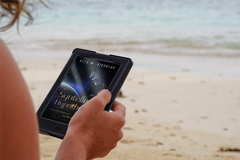 *This article is abridged from the new book "The Syntellect Hypothesis: Five Paradigms of the Mind's Evolution" by Alex M. Vikoulov, available now on amazon.com, bn.com, audible.com and directly from EcstadelicNET webstore. 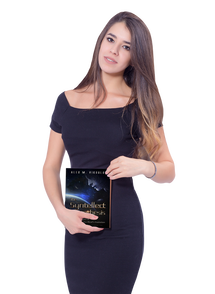 Going back to Gottfried Leibniz and Immanuel Kant, philosophers of science have struggled with a lesser known, but equally Hard Problem of Matter. There’s neither binding problem, nor hard problem of consciousness. Rather, there is The Hard Problem of Matter. Physical science remains silent about the intrinsic nature of matter. Science describes what matter DOES not what it IS introspectively. Physicists now come to realization that quantum mechanics is not the theory of subatomic particles but that of information. The fabric of reality is information theoretic (or better yet, code theoretic) and computational — far from what we perceive with our senses. There's nothing physical about our worldly reality except that we perceive it in that way. In short, our senses deceive us into thinking that we live in the material world. Your consciousness is rather a data stream, meta-algorithmic information processing — local (virtual) and non-local (holistic) consciousness. In time conscious AI systems will create their own virtual multiverse based on AI intersubjectivity and new forms of communication such as holographic language. Will humans have access to the virtual multiverse created by AIs? It remains to be seen but I conjecture that access may be contingent on whether humans will be willing to augment themselves accordingly. Another interesting question is whether it has already happened elsewhere. Also, the key to our smoother "transcension" in the coming decades would be to create friendly AI and ensure that AIs have a really huge "abstract inner space" to play in, so that they don't need to make more room for their playground by taking away our resources. Just a little bit of specifically focused compassion on our part could be enough to keep us around. Hopefully, you can find unorthodox ideas expressed in this abridged excerpt from my new book insightful in your own journey of self-discovery. As a digital philosopher, I myself tend to assume the larger perspective on the ultimate interplay of dynamic and static patterns granted by absolute idealism as opposed to a much more limited “brick and mortar” edifice of physicalism. A prominent physicist Freeman Dyson once said: "I do not make any clear distinction between Mind and God. God is what Mind becomes when it has passed beyond the scale of our comprehension." To say it even more succinctly: “Mind is God.” -Alex Vikoulov P.S. That was an article abridged from my new book "The Syntellect Hypothesis: Five Paradigms of the Mind's Evolution" by Alex M. Vikoulov available now on amazon.com, bn.com, audible.com and directly from EcstadelicNET webstore. Tags: consciousness thesis, thesis on consciousness, thesis on experiential realism, digital philosophy, conscious evolution, digital physics, objective reality, particle physics, Global Brain, consensus reality, Greater Cosmic Mind, Digital Philosophy, quantum theory, general relativity, pancomputationalism, quantum indeterminacy, digital reality, relativistic physics, observer-centric reality, Holographic Principle, Loop Quantum Gravity, Emergence Theory, systemic holism, Standard Model of particle physics, Peter Russell, David Chalmers, Roger Penrose, Gödel’s incompleteness theorem, Quantum Multiverse, fuzzy logic, pattern recognition, Isaiah Berlin, non-computability, quantum consciousness, Rene Descartes, Omniverse, Experiential Realism, Cartesian Dualism, Hard Problem of Consciousness, Gottfried Leibniz, Immanuel Kant, Hard Problem of Matter, Quantum Mechanics, Mind is God *Image Credit: Shutterstock, Ecstadelic Media About the Author: Alex Vikoulov is a Russian-American futurist, evolutionary cyberneticist, philosopher of mind, essayist, media commentator, author of "The Syntellect Hypothesis: Five Paradigms of the Mind's Evolution," "The Origins of Us: Evolutionary Emergence and The Omega Point Cosmology," "The Physics of Time: D-Theory of Time & Temporal Mechanics," "The Intelligence Supernova: Essays on Cybernetic Transhumanism, The Simulation Singularity & The Syntellect Emergence," "Theology of Digital Physics: Phenomenal Consciousness, The Cosmic Self & The Pantheistic Interpretation of Our Holographic Reality," "NOOGENESIS: Computational Biology," "TECHNOCULTURE: The Rise of Man." Self-described neo-transcendentalist, digital theologian, transhumanist singularitarian. Lives in Burlingame, California (San Francisco Bay Area). More Bio... Author Website: www.alexvikoulov.com e-mail: [email protected]
1 Comment
Chaitanya
5/19/2019 08:30:45 am
You say: "it's not far-fetched to assume that consciousness is all there is."
Reply
Leave a Reply. |
Categories
All
Recent Publications The Cybernetic Theory of Mind by Alex M. Vikoulov (2022): eBook Series The Syntellect Hypothesis: Five Paradigms of the Mind's Evolution by Alex M. Vikoulov (2020): eBook Paperback Hardcover Audiobook The Omega Singularity: Universal Mind & The Fractal Multiverse by Alex M. Vikoulov (2022): eBook THEOGENESIS: Transdimensional Propagation & Universal Expansion by Alex M. Vikoulov (2021): eBook The Cybernetic Singularity: The Syntellect Emergence by Alex M. Vikoulov (2021): eBook TECHNOCULTURE: The Rise of Man by Alex M. Vikoulov (2020) eBook NOOGENESIS: Computational Biology by Alex M. Vikoulov (2020): eBook The Ouroboros Code: Reality's Digital Alchemy Self-Simulation Bridging Science and Spirituality by Antonin Tuynman (2019) eBook Paperback The Science and Philosophy of Information by Alex M. Vikoulov (2019): eBook Series Theology of Digital Physics: Phenomenal Consciousness, The Cosmic Self & The Pantheistic Interpretation of Our Holographic Reality by Alex M. Vikoulov (2019) eBook The Intelligence Supernova: Essays on Cybernetic Transhumanism, The Simulation Singularity & The Syntellect Emergence by Alex M. Vikoulov (2019) eBook The Physics of Time: D-Theory of Time & Temporal Mechanics by Alex M. Vikoulov (2019): eBook The Origins of Us: Evolutionary Emergence and The Omega Point Cosmology by Alex M. Vikoulov (2019): eBook More Than An Algorithm: Exploring the gap between natural evolution and digitally computed artificial intelligence by Antonin Tuynman (2019): eBook Our Facebook Pages
A quote on the go"When I woke up one morning I got poetically epiphanized: To us, our dreams at night feel “oh so real” when inside them but they are what they are - dreams against the backdrop of daily reality. Our daily reality is like nightly dreams against the backdrop of the larger reality. This is something we all know deep down to be true... The question then becomes how to "lucidify" this dream of reality?"— Alex M. Vikoulov Public Forums Our Custom GPTs
Alex Vikoulov AGI (Premium*)
Be Part of Our Network! *Subscribe to Premium Access Make a Donation Syndicate Content Write a Paid Review Submit Your Article Submit Your Press Release Submit Your e-News Contact Us
|

